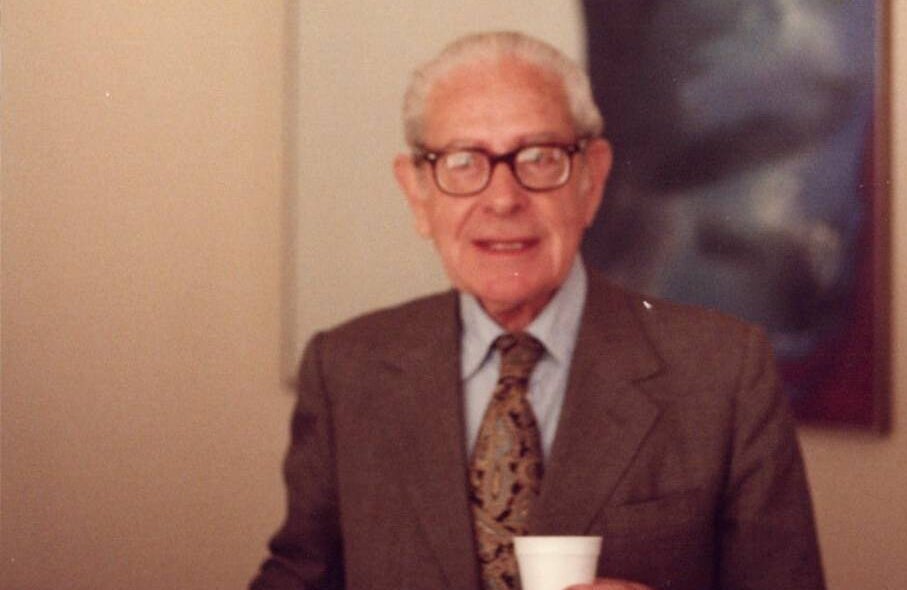
The Bridge Between Culture and the Unconscious
In the vast topography of the human psyche, Carl Jung mapped two primary territories: the Personal Unconscious (memories, repressed complexes) and the Collective Unconscious (universal archetypes). However, a crucial layer was missing from this map—the specific historical and cultural filter through which we experience these universals. The man who filled in this blank was Joseph L. Henderson (1903–2007).
Henderson was an American giant in the field of Analytical Psychology. As one of the few Americans to train directly with Jung in Zurich, he brought the rigor of European depth psychology back to the United States, co-founding the C.G. Jung Institute of San Francisco. His groundbreaking concept of the Cultural Unconscious fundamentally altered how analysts understand the intersection of history, society, and the individual soul. For the modern clinician, Henderson’s work is essential for distinguishing between what is personal trauma, what is cultural conditioning, and what is archetypal truth.
Biography & Timeline: Joseph Henderson
Born in Elko, Nevada, in 1903, Henderson’s early life was steeped in the rugged individualism of the American West. This background provided a stark contrast to the refined, classical education he later sought. After graduating from Princeton, he moved to London to study medicine at St. Bartholomew’s Hospital. It was there, in the late 1920s, that he encountered Jung.
Henderson underwent analysis with Jung in 1929. This experience was transformative, not only for Henderson but for the field itself; Jung’s analysis of Henderson’s “Dream of the Four Rivers” became a canonical example of the individuation process. Henderson returned to the U.S. in 1938, settling in San Francisco, where he practiced for over six decades until his death at the age of 104.
Key Milestones in the Life of Joseph Henderson
| Year | Event / Publication |
| 1903 | Born in Elko, Nevada. |
| 1929 | Begins analysis with C.G. Jung in Zurich. |
| 1938 | Establishes medical and analytic practice in San Francisco. |
| 1949 | Co-founds the C.G. Jung Institute of San Francisco. |
| 1964 | Contributes the chapter “Ancient Myths and Modern Man” to Jung’s final book, Man and His Symbols. |
| 1967 | Publishes Thresholds of Initiation, his seminal work on rites of passage. |
| 1990 | Publishes Shadow and Self. |
Major Concepts: The Cultural Unconscious
Defining the Cultural Unconscious
Henderson argued that between the personal layer of the psyche (my father, my trauma) and the collective layer (the archetype of the Father), there exists a Cultural Unconscious. This layer contains the historical patterns, religious attitudes, and aesthetic values of the culture we are born into.
For example, a patient might struggle with guilt not just because of a strict parent (personal) or an archetypal fear of judgment (collective), but because of the specific inheritance of Puritanism in American culture. Henderson taught that we cannot heal the individual without understanding the “cultural complexes” that hold them captive. This aligns with modern views on intergenerational trauma.
The Four Cultural Attitudes
Henderson identified four primary “attitudes” through which the cultural unconscious manifests:
- The Religious Attitude: The drive for transcendence and connection to the sacred.
- The Philosophical Attitude: The drive for truth, logic, and coherent meaning.
- The Aesthetic Attitude: The drive for beauty, form, and sensory experience.
- The Social Attitude: The drive for relationship, ethics, and community.
Psychological health requires a balance of these attitudes. Neurosis often stems from a one-sided development (e.g., a person with a highly developed Social attitude but a repressed Aesthetic attitude may feel their life is “good” but colorless and empty).
Initiation and Rites of Passage
Henderson was deeply influenced by anthropologists like Arnold van Gennep. He believed that the psyche has a biological need for Initiation—structured rituals that move the ego from one stage of life to another.
The Archetype of Initiation
In his book Thresholds of Initiation (1967), Henderson argued that many modern neuroses are actually “unsuccessful initiations.” Without a container to manage the transition from adolescence to adulthood, or from adulthood to elderhood, the psyche gets stuck in a liminal space.
Clinical Implication: Therapy often functions as a modern rite of passage. The therapist acts as the “ritual elder,” holding sacred space so the client can undergo the symbolic death and rebirth required to move forward.
The Conceptualization of Trauma: Cultural Healing
Henderson’s work offers a unique lens on trauma. He suggested that trauma is often exacerbated by the loss of cultural containers. In indigenous societies, a traumatic event might be processed through communal ritual. In the modern West, we often lack these “cultural antibodies,” leaving the individual to bear the weight of the trauma alone.
Healing, therefore, involves reconnecting the individual not just to their own history, but to the mythic resources of their culture. This might involve exploring dream symbols that point toward ancestral wisdom, or engaging in active imagination to contact the “inner shaman” or guide.
Legacy: The San Francisco School
Joseph Henderson is the father of the “San Francisco School” of Jungian analysis, which tends to be more culturally oriented and clinically grounded than the classical Zurich school. His influence can be seen in the work of contemporary analysts like Thomas Singer and Samuel Kimbles, who explore “Cultural Complexes” in politics and society.
Henderson lived to be 104, practicing analysis until nearly the end of his life. He serves as a testament to the vitality that comes from a lifelong engagement with the unconscious. He taught us that we are not just isolated egos, but carriers of a living history.
Bibliography
- Henderson, J. L. (1964). “Ancient Myths and Modern Man.” In C. G. Jung (Ed.), Man and His Symbols. Doubleday.
- Henderson, J. L. (1967). Thresholds of Initiation. Wesleyan University Press.
- Henderson, J. L. (1984). Cultural Attitudes in Psychological Perspective. Inner City Books.
- Henderson, J. L. (1990). Shadow and Self. Chiron Publications.
- Henderson, J. L., & Oakes, M. (1963). The Wisdom of the Serpent: The Myths of Death, Rebirth, and Resurrection. George Braziller.

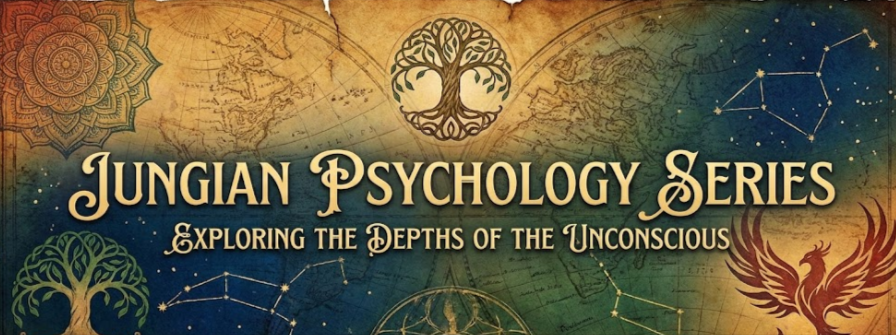

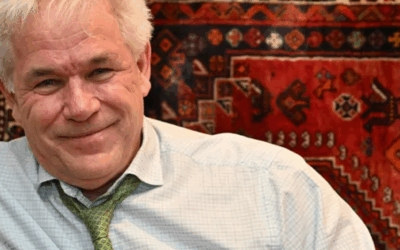




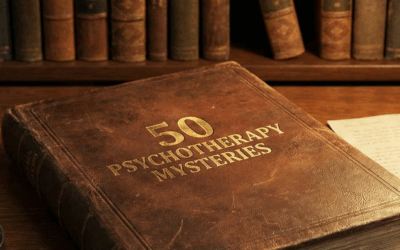

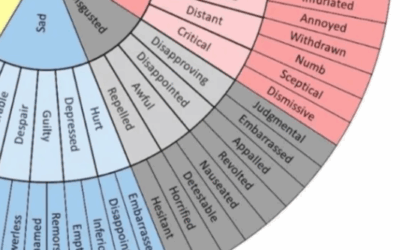

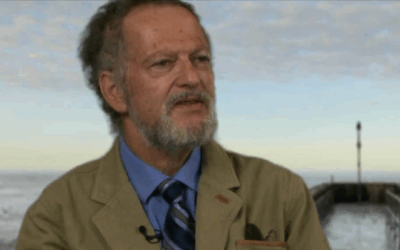

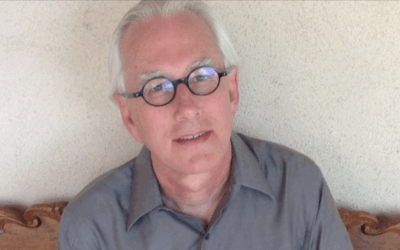

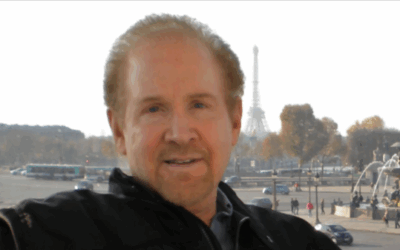


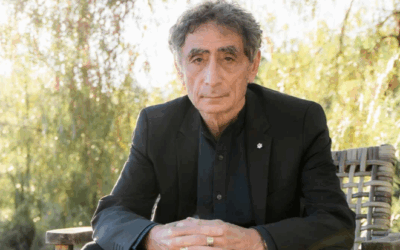
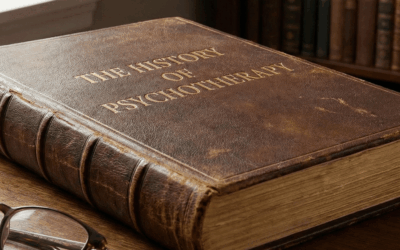
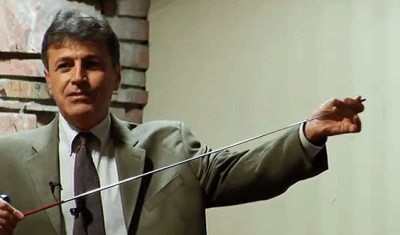

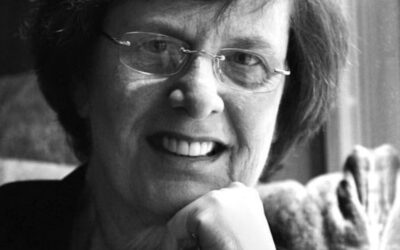


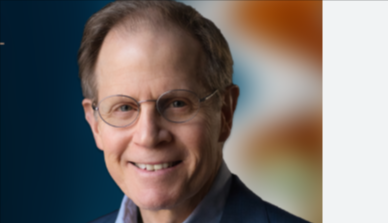
0 Comments